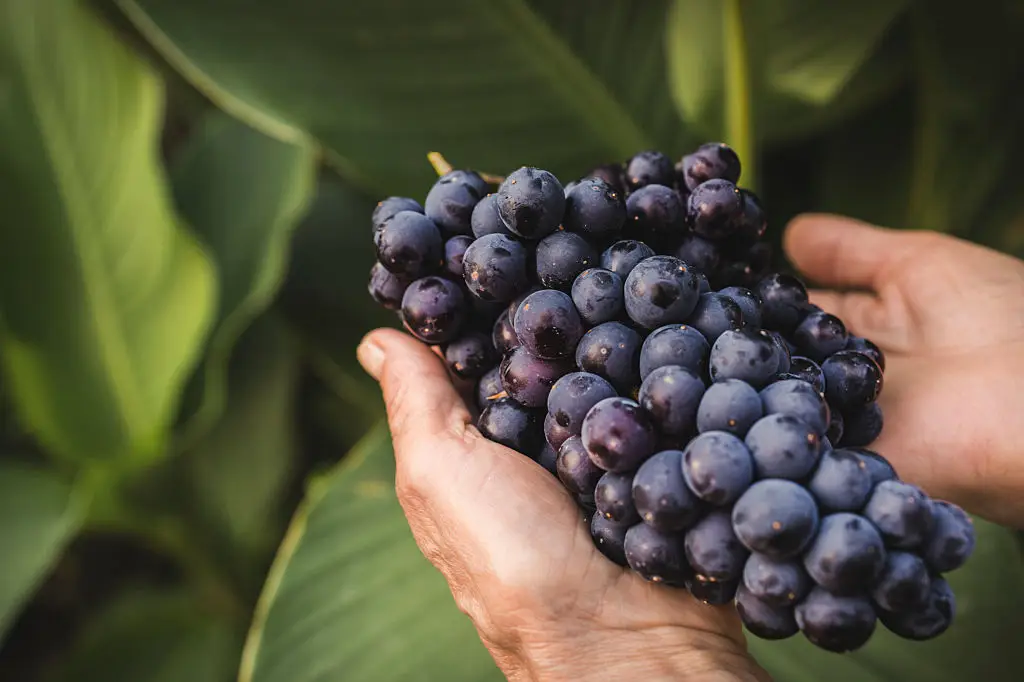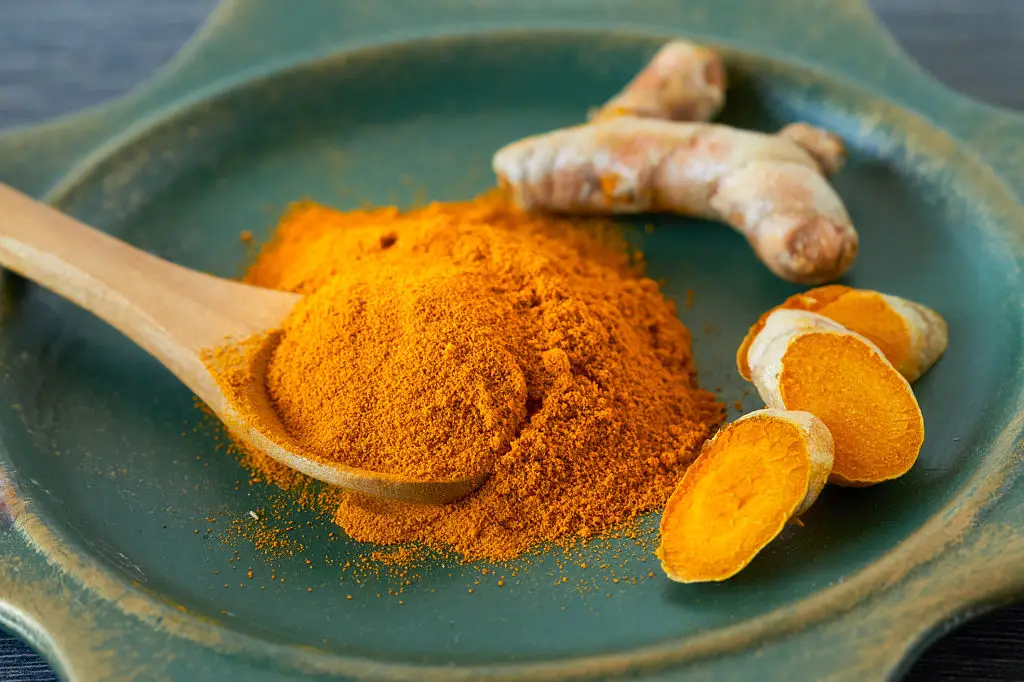9 Plant Compounds That Activate Your Longevity Genes
Our genes respond to more than DNA alone; they listen to what we eat. Certain plant compounds—called phytochemicals—can nudge cellular systems linked to healthy aging. These molecules interact with pathways like SIRT1, AMPK, Nrf2, FOXO, and the cellular recycling process known as autophagy. That’s important because supporting these pathways helps cells maintain energy, repair damage, and clear worn-out components. The evidence comes from a mix of lab, animal, and emerging human studies. Some compounds, such as thymol and carvacrol, have fresh research showing they prompt autophagy by subtly adjusting mitochondrial activity. Others, like sulforaphane and EGCG, support antioxidant defenses and cellular cleanup. This post walks through nine science-backed phytochemicals, shows where to find them in everyday foods, and offers realistic guidance for adding them into daily life. Think of these ideas as practical habits—small, steady shifts that layer into long-term benefits. If you’re considering supplements or have existing health conditions, check with your clinician before starting anything new. The goal here is not a quick fix but a gentle, informed approach to nourishing resilience from the inside out.
1. Resveratrol — Activates SIRT1 and supports metabolic resilience

Resveratrol is a plant stilbene most famously found in grape skins and berries. Lab studies show it can activate SIRT1, a protein that influences mitochondrial function and cellular repair processes linked to longevity. Researchers think SIRT1 helps coordinate how cells respond to energetic stress, supporting better metabolic flexibility and resilience. People get resveratrol mainly through whole foods like red grapes, blueberries, and moderate amounts of red wine. Supplements are common but vary widely in purity and dose. For most readers, enjoying resveratrol in food is a low-risk, sensible strategy that fits into a balanced diet. If you’re tempted by supplements, discuss them with a clinician since high doses can interact with medications or have side effects. Small changes—adding a handful of berries to breakfast or using grapes as a snack—are practical ways to fold resveratrol-positive foods into daily life without fuss.
2. Curcumin — Anti-inflammatory support that influences protective genes

Curcumin is the bright compound in turmeric that helps explain the spice’s wide appeal. It works on several fronts: reducing chronic inflammation, modulating gene expression, and supporting cellular stress responses. One notable pathway influenced by curcumin is Nrf2, which turns on a suite of protective genes involved in antioxidant defenses and cellular cleanup. Because curcumin is not absorbed well on its own, pairing turmeric with black pepper or healthy fats boosts its availability; formulated supplements use similar strategies. Most evidence supports culinary use—adding turmeric to soups, stews, or smoothies—rather than expecting dramatic effects from occasional consumption. If you consider high-dose curcumin supplements, consult a clinician first, since they can affect blood clotting and interact with some medications. Embracing turmeric in everyday cooking is an accessible, low-pressure way to sample curcumin’s benefits.
